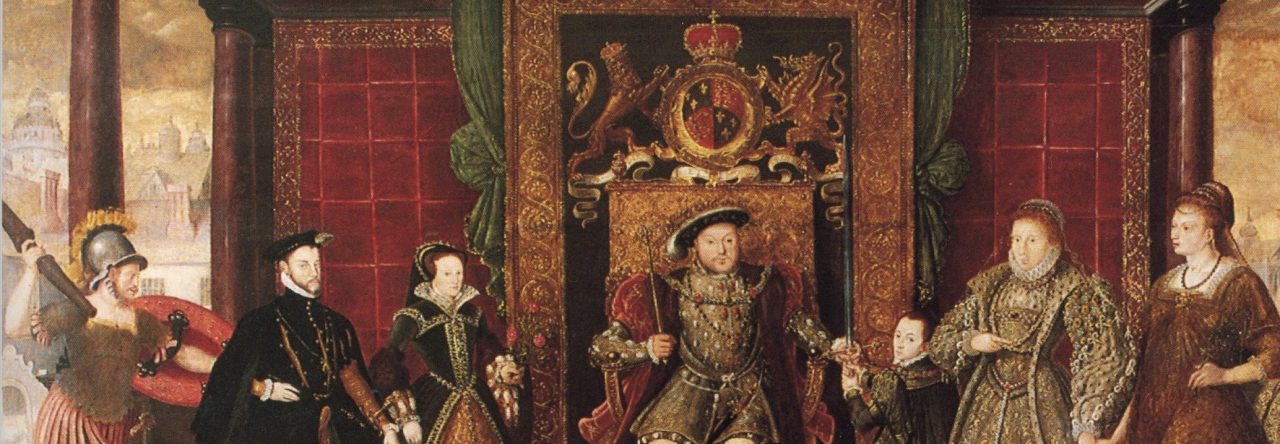 One of the most dynamic queens in 16th century Europe who spent most of her youth in a country that was not her homeland, but was fighting for the right to rule England. Her name was Mary Queen of Scots, the cousin of Queen Elizabeth I. Many know of her tragic tale, but there was a man who was behind the scenes trying to guide Scotland to a brighter future. He was not married to Mary Queen of Scots, but he was influential in her life and choosing who she might marry and who she would end up divorcing. He was a politician and a religious reformer whose decisions would alter history dramatically. His name was William Maitland and he served as Mary’s secretary. He is always mentioned as a footnote in history, until now. Robert Stedall’s latest biography, “Mary Queen of Scots’ Secretary: William Maitland- Politician, Reformer, and Conspirator”, explores the life and legacy of this rather extraordinary secretary.
One of the most dynamic queens in 16th century Europe who spent most of her youth in a country that was not her homeland, but was fighting for the right to rule England. Her name was Mary Queen of Scots, the cousin of Queen Elizabeth I. Many know of her tragic tale, but there was a man who was behind the scenes trying to guide Scotland to a brighter future. He was not married to Mary Queen of Scots, but he was influential in her life and choosing who she might marry and who she would end up divorcing. He was a politician and a religious reformer whose decisions would alter history dramatically. His name was William Maitland and he served as Mary’s secretary. He is always mentioned as a footnote in history, until now. Robert Stedall’s latest biography, “Mary Queen of Scots’ Secretary: William Maitland- Politician, Reformer, and Conspirator”, explores the life and legacy of this rather extraordinary secretary.
I would like to thank Pen and Sword Books and Net Galley for sending me a copy of this book. When I saw this book, I was intrigued since I had never heard of William Maitland, except in footnotes in books about Mary Queen of Scots that I have read in the past. I wanted to know more about the man who knew Mary so well and helped her with such significant decisions in her life.
After Mary Queen of Scots’ first husband, Francis II of France passed away at a young age, she made the journey back to the country of her birth, Scotland, where she was introduced to William Maitland. As a Protestant reformer, he believed that the best thing for the country and the Scottish Reformation would be to break the Auld Alliance with France and to gain closer ties with England. Mary’s second husband, Lord Darnley, is less than agreeable to Maitland, so he and others help plot his murder. This decision led to Mary’s imprisonment and the succession of her son James as king.
Stedall’s whole premise revolves around the idea that Maitland helped plan Darnley’s murder. I do have a few problems with this book. First, for a biography that should revolve around Maitland, it felt like Maitland was more of a background character to Mary’s story. Second, the case that he lays out for Maitland being involved in the murder revolves around the validity of the infamous Casket Letters, which many believe are forgeries and have disappeared. It is hard to prove a case when the evidence in question may have been forgeries and are lost to history. Finally, I felt like Stedall’s writing style was a bit dry for my personal taste. I know that this was supposed to be academic in nature, with the focus on the political and religious nature of Maitland’s life, but it just fell flat to me.
Overall, I felt like this book was okay. It may have shown how the political and religious divides influenced the decisions of Mary Queen of Scots’ reign, but it needed a stronger focus on William Maitland. I feel like Stedall has a passion for this period of Scottish history and he has done his research, but he needed to rein it in a bit more. I think if you enjoy reading about Mary Queen of Scots, “Mary Queen of Scots’ Secretary: William Maitland- Politician, Reformer and Conspirator” by Robert Stedall might be a book you should check out.
